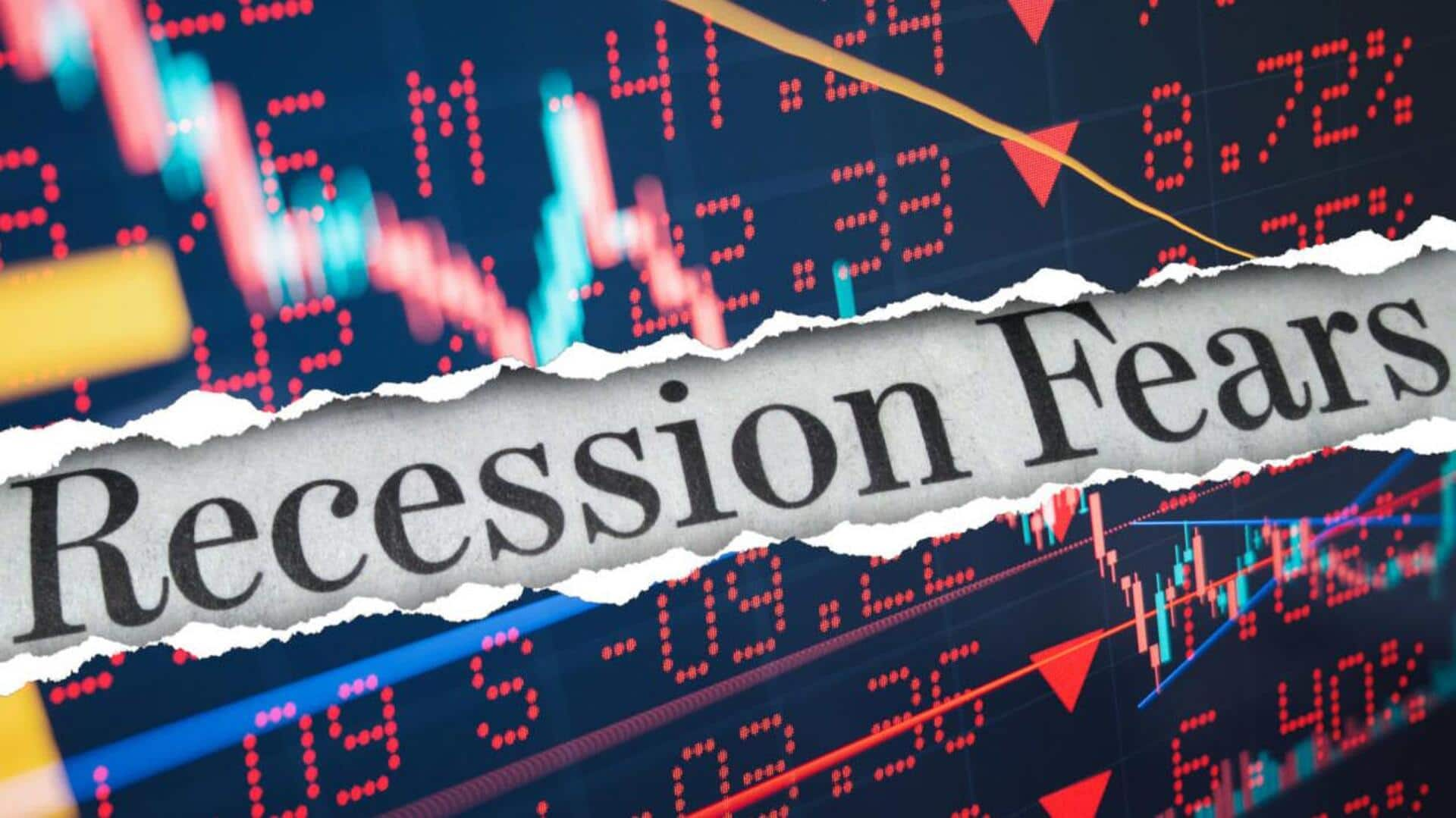
Today's US jobs report could make or break global markets
What's the story
The release of the August jobs report later today is poised to significantly impact the US economy. It will provide crucial insights into the labor market's health and potentially influence the Federal Reserve's interest rate decisions. The recent rise in the unemployment rate has sparked concerns about a potential recession. If the August report shows a further increase, these fears are likely to intensify. However, a stable or declining unemployment rate could ease those fears and suggest a resilient economy.
Rate analysis
Unemployment rate: A blip or a concerning trend?
The unemployment rate in the US saw a significant increase in July to 4.3%, up from 3.4% in April 2023. If this trend persisted through August, it could signal the onset or proximity of a recession. However, if the rate stabilized or decreased as predicted by economists, July's disappointing figures may be dismissed as an isolated incident. The August jobs report will play a crucial role in shaping the Federal Reserve's monetary policy.
Rate cut
Federal Reserve's rate cut decision hinges on job market
The release of the jobs report coincides with the Federal Reserve's plan to implement its first rate cut since the 2020 pandemic. Central bankers have confirmed their intention to reduce interest rates at their meeting on September 17-18. The extent of this reduction, whether it be a standard quarter-point or a more substantial half-point, could depend on the resilience of the job market.
Global influence
Jobs report's impact on global monetary policy
Julia Coronado, founder of MacroPolicy Perspectives, emphasized the significance of the upcoming jobs report. She stated that it will "set the tone for the Fed, and that's going to set the tone for global monetary policy and markets." This underscores how crucial this single data point could be in shaping not only US economic strategies but also influencing global financial policies.
Impact
How today's jobs report will impact global markets
The report's release will likely cause stock market fluctuations as investors analyze the data. A stronger-than-expected labor market (low unemployment, high job growth) could suggest the need for the Fed to raise interest rates. This might lead to a stock market sell-off. A weak jobs report (higher unemployment, slower job growth) could raise recession concerns and lead to profit-taking by investors. Conversely, a strong report could signal continued economic growth, leading to a stock market rally.